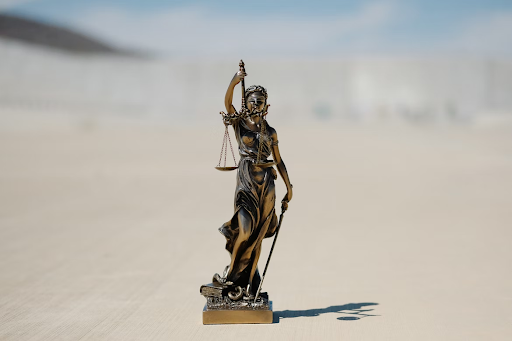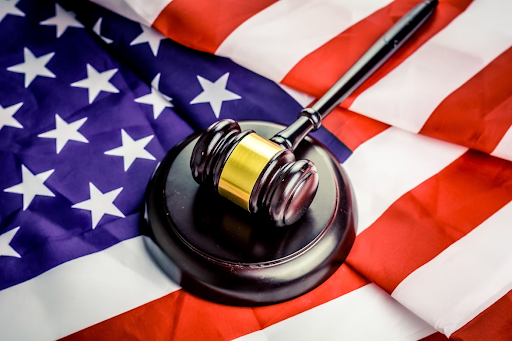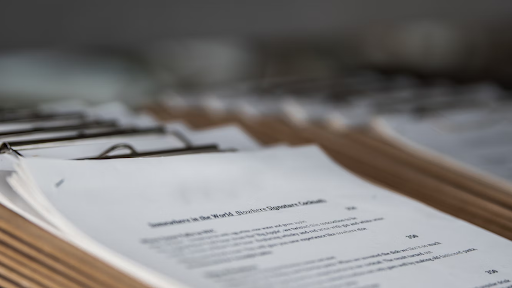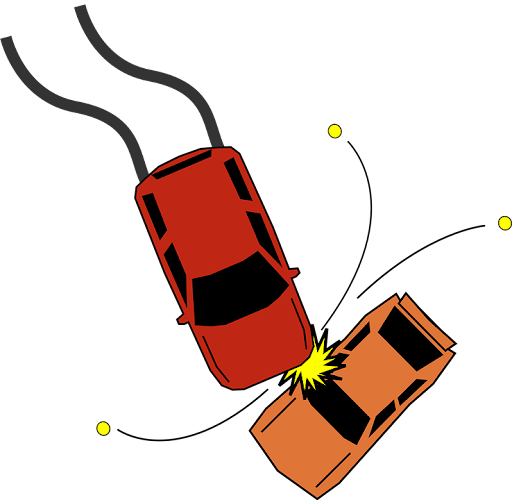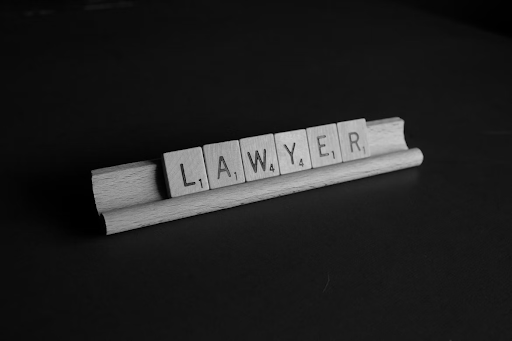What to Do After a Car Accident: A Step-by-Step Guide
Have you ever been in a car accident? Even if it was just a minor fender bender, the experience can be incredibly confusing and stressful. But no matter the size of your accident, there are certain steps you should take during the aftermath — both for yourself and for others involved — to ensure that everyone is safe and taken care of. This post provides a step-by-step guide on what to do after being in an automobile collision. From tips on how to stay calm afterward, all the way through filing insurance claims and dealing with legal issues, this blog will help walk you through everything so that you know exactly how to handle an auto collision situation when it happens.
Contact A Lawyer
It is always wise to consult with a lawyer after an automobile accident, especially if there are any legal issues involved. A lawyer can provide you with important advice on how to handle the case and what your rights are as a driver in the state where the accident occurred. He or she can also help ensure that all proper paperwork is filed correctly and can work with insurance companies and other lawyers to make sure that you get the most out of your claim. If you’ve been injured in a car accident, a lawyer can also help you pursue any necessary medical care and file personal injury claims. They can also help you recover any damages that you may be due.
Call The Police
Under no circumstances should you ever leave the scene of an accident without checking in with the police first. Even if it seems like a minor fender bender, it is still important to call the police so that they can document the accident and ensure that all of the required forms are filled out correctly. The police will also be able to provide valuable information about who is at fault for the accident, as well as any other relevant details.
Get Medical Attention
If you were injured in an automobile collision, it is important to get medical attention right away. Even if you don’t think your injuries are serious, it is important to be checked out by a doctor just to make sure everything is okay. If you believe that another person was at fault for the accident and you suffered an injury as a result, you may be eligible for compensation. In order to pursue this, it is important to have official documentation of the injury that was caused by the accident.
Gather Information
If the accident was minor and both drivers are uninjured, you should take the time to exchange insurance information with the other driver. This includes names, phone numbers, license plate numbers, addresses, make and model of cars involved in the accident, and insurance companies. If possible, you should also take pictures of the scene of the accident, as well as any damage to both vehicles. While still at the scene of the accident, it is also a good idea to write down a detailed account of what happened while it is still fresh in your mind. You may also want to speak with any witnesses that were present, taking down their contact information in case they need to provide testimony.
Dealing With Insurance Companies
After an automobile accident, it is important to file a claim with your insurance company as soon as possible. You should also contact the other driver’s insurance company, if applicable, to see if they will cover any of the damages. It is important, to be honest, and provide accurate information when speaking with these companies so that you do not get into any legal trouble. You may also want to consider hiring an attorney who specializes in car accident cases to represent you and make sure that you get the most out of your claim.
Take Care Of Yourself
Lastly, it is important to take care of yourself after being involved in a car accident. If you were injured, follow all of your doctor’s instructions and take the time to rest and recover. Even if you were not injured, it is important to take some time for yourself and make sure that you are dealing with the mental trauma of being in a car accident. It can be difficult to come to terms with what happened after an auto collision, so taking the time for self-care is essential.
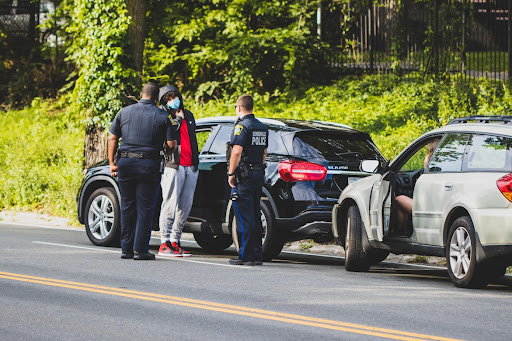
Overall, being involved in an auto accident can be a scary and overwhelming experience. It is important to remain calm and take the necessary steps to ensure your safety and well-being, as well as that of any other parties involved. Taking care of yourself physically, mentally, and legally will help you move forward with confidence after the incident.
Check Next >https://www.neoadviser.com/useful-guide-on-how-to-act-after-a-car-accident/

